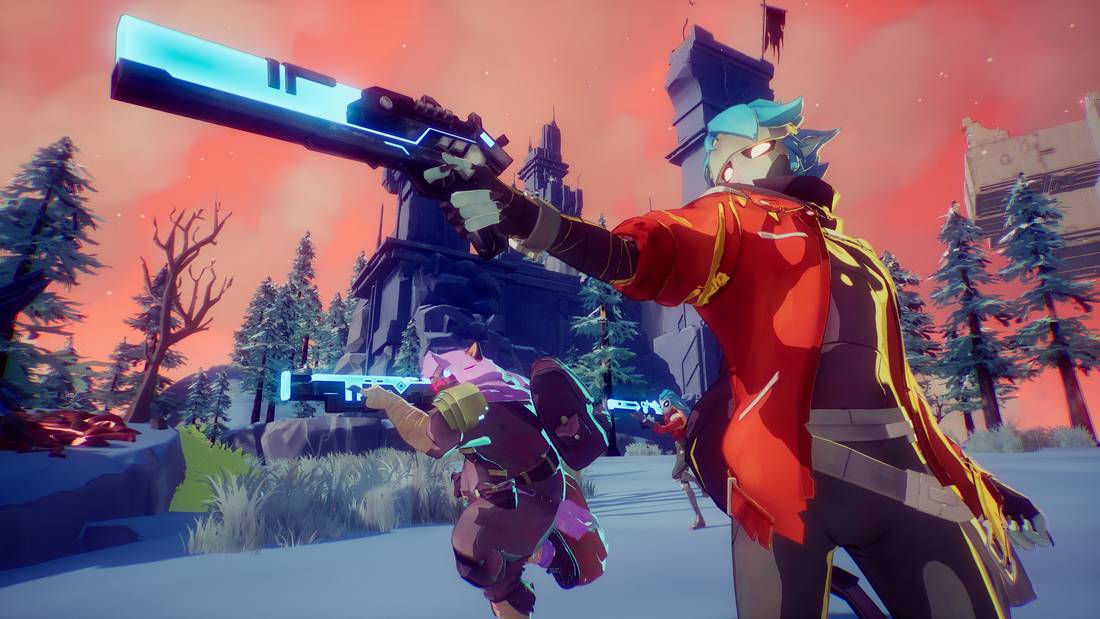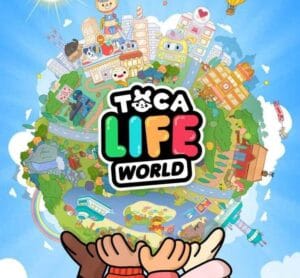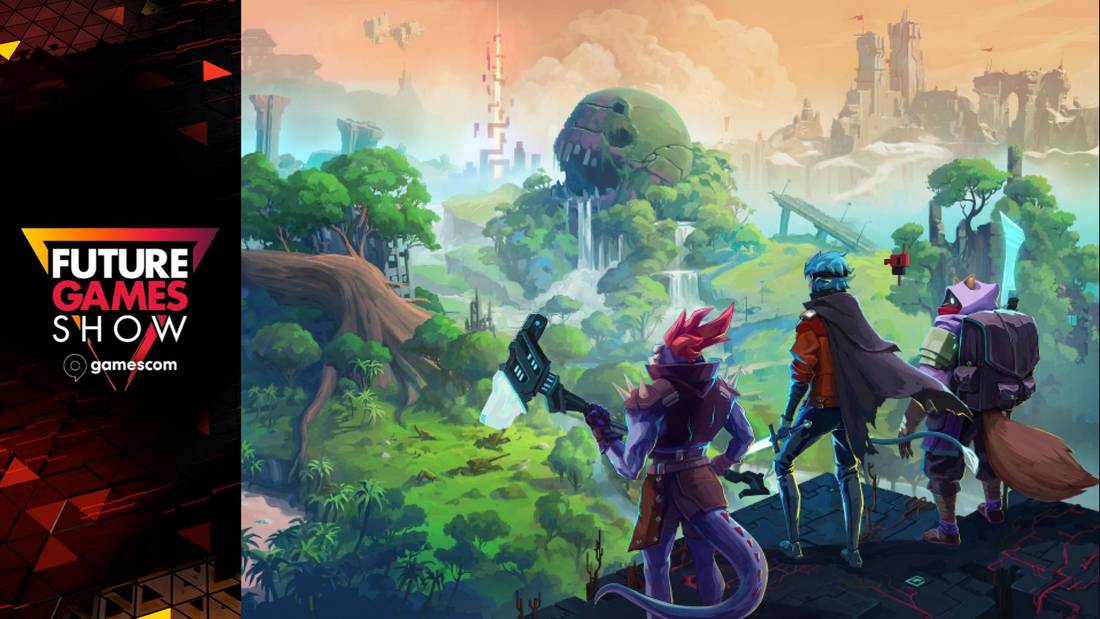Industry Shockwave: Heart Machine Ceases Development on ‘Hyper Light Breaker’ Amid Second Round of Layoffs
Popular Now
 Among Us
Among Us
 Brawl Stars
Brawl Stars
 NBA 2K24
NBA 2K24
 Genshin Impact
Genshin Impact
 Auto X Drift Racing 3
Auto X Drift Racing 3
 Stumble Guys
Stumble Guys
 League of Legends
League of Legends
 God of War Ragnarök
God of War Ragnarök
 Counter-Strike 2
Counter-Strike 2
 Valorant
Valorant 
The indie development scene has been shaken by the announcement from Heart Machine, the acclaimed studio behind the 2016 hit Hyper Light Drifter, that it is immediately winding down development on its ambitious sequel, the open-world roguelike ‘Hyper Light Breaker.’ The news, confirmed in a candid statement, accompanies a second, unspecified round of staff layoffs, underscoring the severe and ongoing financial turbulence impacting even established small studios in the video game industry.
‘Hyper Light Breaker’, which launched into Steam Early Access in January, was intended as a 3D prequel to the beloved original, but was met with a mixed reception from players, citing issues with performance, difficulty, and the dramatic shift in genre and aesthetic. The studio’s decision to halt active production, merely nine months into the early access phase, signals a decisive cut in losses.
The Studio’s Difficult Confirmation
Heart Machine’s public statement regarding the cuts was stark, reflecting the challenging financial climate small developers are currently navigating.
“As we wrap up our work on Hyper Light Breaker, we’ve had to make the difficult decision to part ways with a number of talented team members. This was not our ideal path, but rather the only one available given the circumstances,” a studio spokesperson confirmed. The statement went on to detail the root causes:
- Shifts in Funding: Highlighting the current reluctance of investors and publishers to back high-variance projects in the turbulent global economy.
- Corporate Consolidation: A widespread problem that limits avenues for publishing and support, often leaving smaller teams vulnerable.
- Uncertain Environment: The broader instability that has led to mass layoffs across the entire tech and gaming sector in 2024 and 2025.
The layoffs mark the studio’s second round of redundancies in less than a year, following an initial cut in November 2024. That previous downsizing was executed with the hope that a “strong and timely launch” of the roguelike sequel would rekindle opportunities. Unfortunately, the game’s lukewarm performance and mixed “Mostly Positive” rating on Steam were insufficient to stabilize the studio’s finances.
 A Final, Meaningful Punctuation Point
A Final, Meaningful Punctuation Point
While full development is ending, Heart Machine has pledged to deliver a final, polished version of the game to its early access players. This terminal update is currently scheduled for January 2026.
“We still have something coming in January. We plan to deliver something meaningful and as polished and complete as we can given our current circumstances. We’re doing our best to refine what we can, complete key systems, and have the game culminate in a satisfying punctuation point,” the studio clarified.
This final push, however, comes at the expense of further content updates or developer Q&A sessions for the remainder of 2025, as the reduced team must focus all available resources on the finalization effort. For fans who invested in the early access version, this final release will serve as the definitive, though unfulfilled, vision of the Hyper Light Breaker experience.
The Roguelike Challenge: A Cautionary Tale for Indie Devs
The abrupt conclusion of the project, especially from a studio with a pedigree like Heart Machine (which also released Solar Ash in 2021), highlights the incredible difficulty of succeeding in the modern roguelike game market.
The initial Hyper Light Drifter was a phenomenon—a cryptic, beautiful, 2D action-RPG that transcended its genre. The pivot to an open-world, 3D roguelike for its prequel was a massive technical and creative gamble. The crowded roguelike space, dominated by powerhouse titles and a continuous stream of new contenders, requires extraordinary polish and innovative design to achieve the necessary traction for long-term support and profitability (High CPC keywords: “Best Roguelike PC Games,” “Top Action RPGs”). The mixed feedback on Breaker suggests the new direction failed to capture the unique magic of the original, resulting in insufficient sales to maintain the development team.
The financial realities of Early Access: For many indie teams, Early Access is a lifeline—a means to generate crucial revenue for continued development. When a game receives a mixed critical and commercial reception in that window, the intended lifeline becomes a crushing financial liability, forcing the type of drastic decision Heart Machine has just made. This scenario serves as a sobering reminder of the high development cost and financial precarity facing smaller developers.
The Path Forward: Focus on ‘Possessor(s)’
Despite the setback with Hyper Light Breaker, Heart Machine is not shutting down entirely. The studio is consolidating its efforts around its next scheduled title: Possessor(s), a 2D side-scrolling action game set to launch on PC and PS5 in November 2025.
This quick pivot back to a 2D format, closer to the style that defined Drifter’s original success, and with the support of a notable publisher, Devolver Digital, suggests a strategic shift. The studio is attempting to leverage its core strengths and goodwill from the fan community to secure a much-needed commercial win. Analysts view the successful launch of Possessor(s) as critical to the long-term viability of the Heart Machine brand, given the substantial resources consumed by the ill-fated Breaker project.
For those seeking to support indie studios and the talented individuals impacted by these layoffs, securing Possessor(s) upon its release will be the most direct way to invest in Heart Machine’s future and its ability to continue creating unique, visually distinct game experiences.
Reviewing the Fallout: The Unstable Landscape
The news from Heart Machine follows a year of relentless layoffs and project cancellations across the global gaming landscape. From massive AAA studios to small, critically-acclaimed indie teams, the economic pressure is proving too great for many. The end of Hyper Light Breaker is a high-profile example that hits close to the heart of the independent developer community, reinforcing the perception that even success with a debut title does not guarantee financial security for a second or third major project.








 A Final, Meaningful Punctuation Point
A Final, Meaningful Punctuation Point